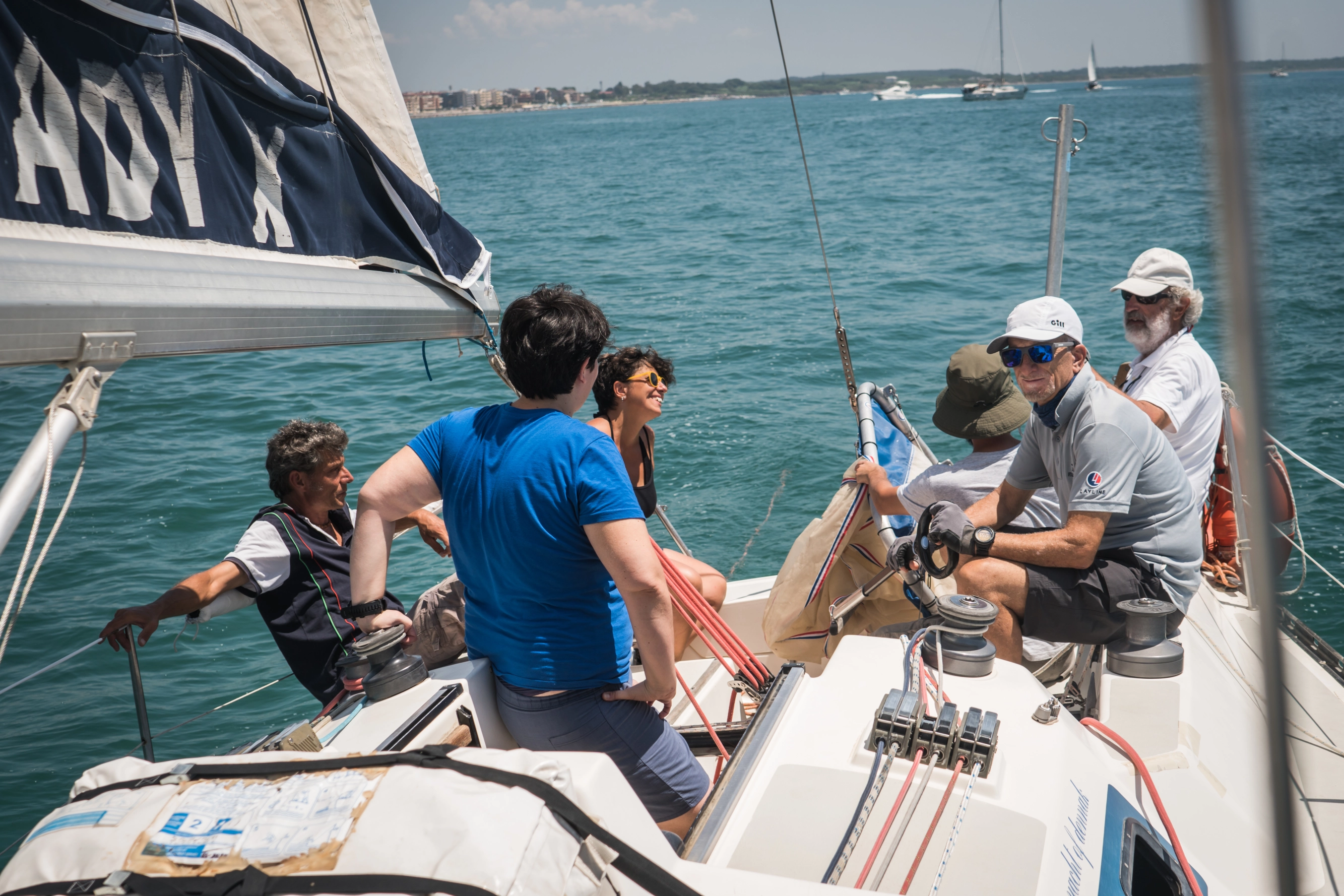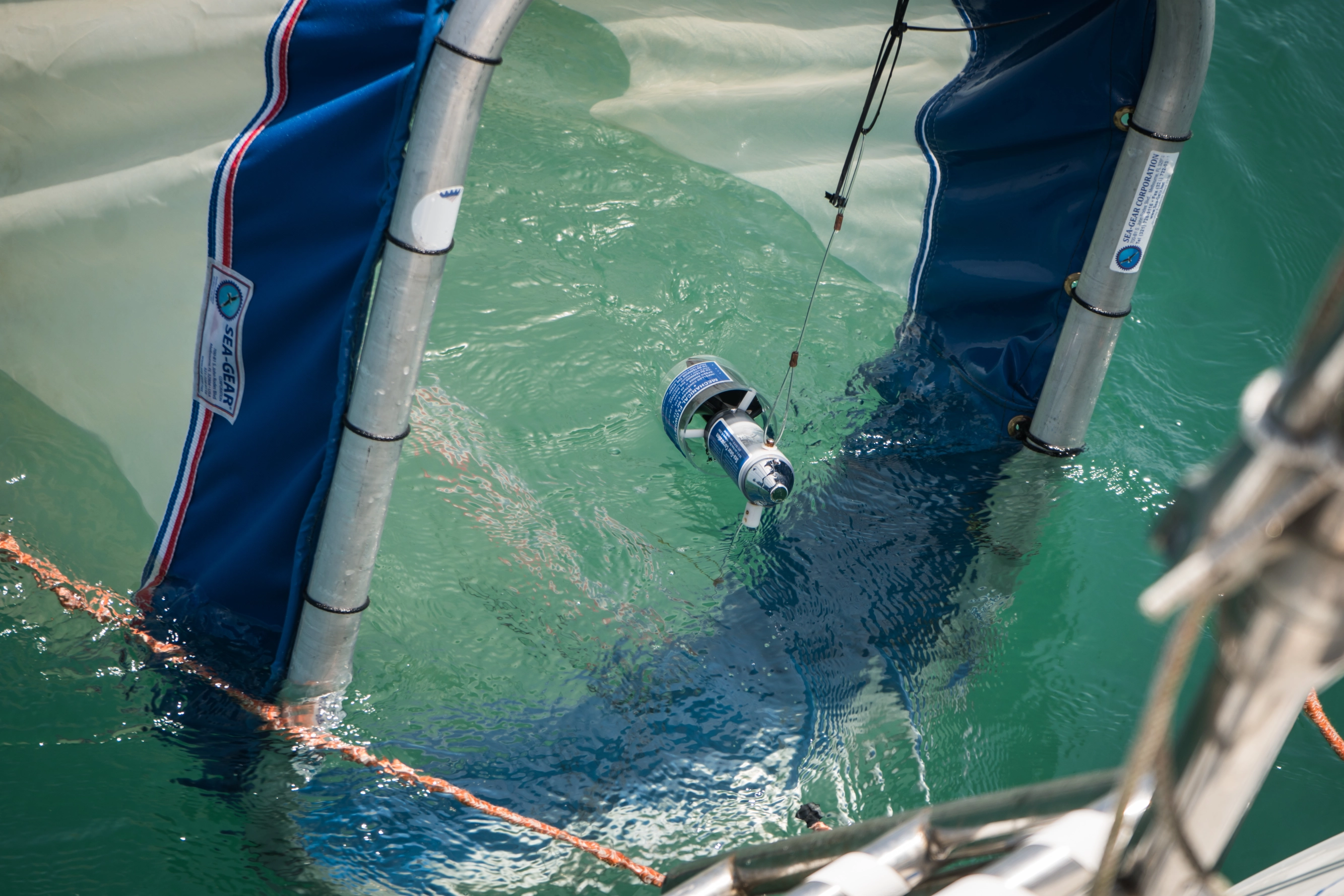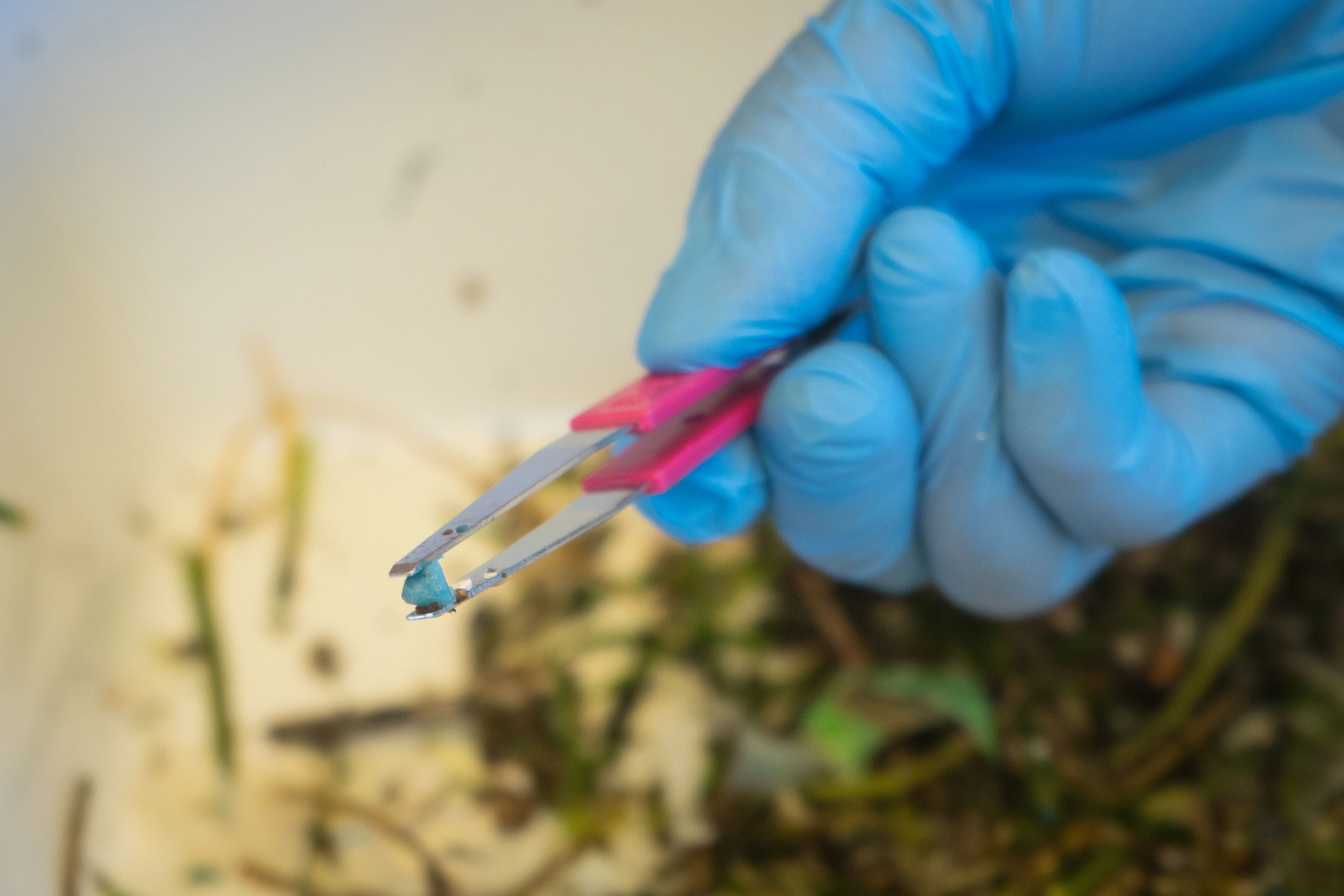The EC awards SUR's project exploring the consequences of marine plastic pollution on biodiversity

Over 250 fishermen, North African migrants, school children, teachers, environmental NGOs, marine lawyers, sailors, and others are involved in exploring the consequences of marine plastic pollution on local biodiversity. Their involvement helps co-producing knowledge about the health of the Mediterranean Sea, thus contributing to scientific fields like oceanography, cultural geography, and marine chemistry.
The SeaPaCS project demonstrates excellence in engaging a diverse range of stakeholders and innovating transdisciplinary collaboration models between them. At the same time, it pushes the boundaries between civil society, citizens, and science, says the European Comission:
SeaPaCS is especially exemplary for centering a community-led grassroots approach and for its attention to overcoming extractive tendencies in Citizen Science (citizens as “sensors”), by involving citizens beyond plastic sampling and data collection. They have activities such as plastisphere DNA analysis, documenting underwater ecological niches, creating photo and video exhibitions, testing DIY microplastic trawling instruments, and building marine plastic recycling stations. SeaPaCS hereby demonstrates how we can involve citizens not just in mapping problems but also in taking collective action towards restoring biodiversity and ecological resilience in European oceans, with attention to social inclusion and cultural diversity, concluded the EC Jury Committee.
Informal tools to identify context-specific issues
SeaPaCS was coordinated by Chiara Certomà, Professor of Social Geography at the Department of Methods and Models for Economics, Territory and Finance. She led a multi-sectoral team specialised in multidisciplinary and radically participatory exploration, documentation and engagement techniques. They use informal tools to identify context-specific issues and, building on the tacit knowledge and design skills of local actors, aim to transform them into transformative knowledge for equitable sustainability.

|

|
The Prize, dedicated to Citizen Science and to the general public engagement in scientific research activities, has evaluated 288 applications, out of which 27 were recognised with honorary mentions, and three received the main awards.
Other Highlights this month:
- Two researchers from the University of Stockholm, leading a huge expedition in Greenland to study melting glaciers
- 550 years since the first mention of the University of Tübingen
- The Global Forum on Democracy hosted by the University of Bucharest
- A platform of expertise in ‘Law and Society’, created at UNIL
